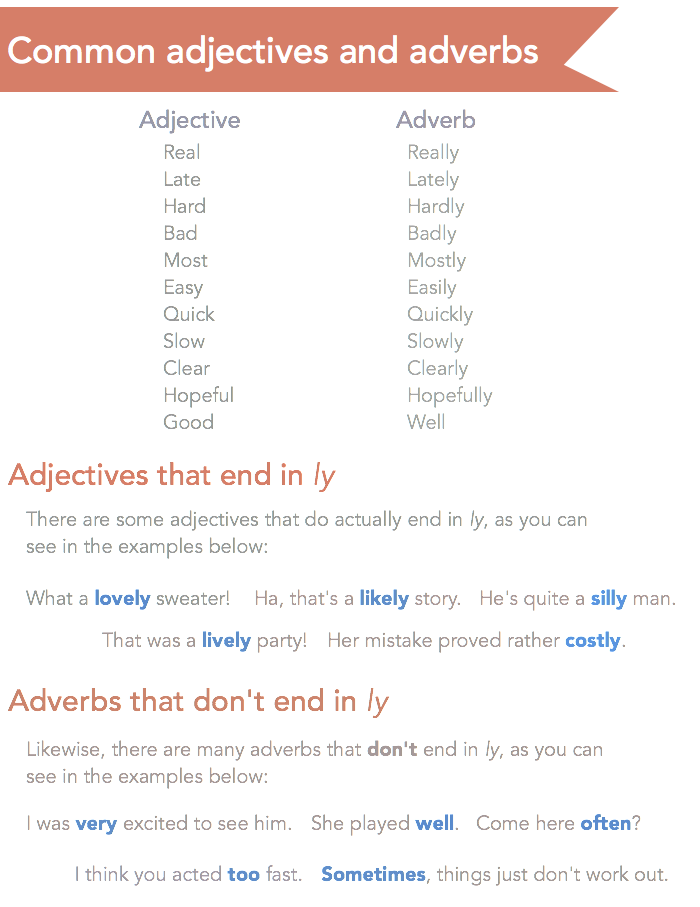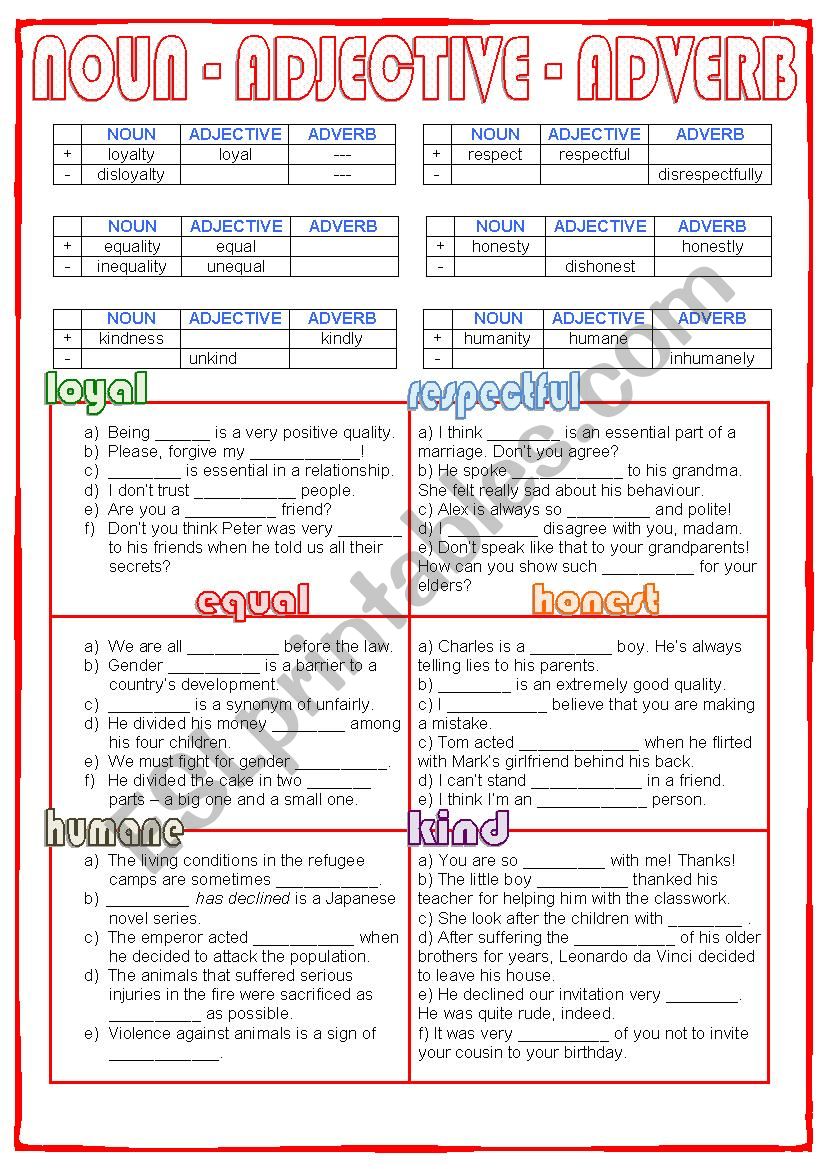
Insane is the adjective in both sentences. Often, the adjective will come before the noun, but it can also be after a form of the verb “to be.” So an adjective is the word that describes this thing, person or concept. Examples of nouns are: tree, pianist, teapot, man, woman, telephone, luck, happiness, etc. Nouns are words that denote things, people, concepts etc. exercise 5: choose the adjective which ends in -ed or the adjective ending in -ingĪdjectives used as nouns (the old, the rich, etc.An adjective describes a noun.

exercise 4: fill in the adjective which ends in -ed or the adjective ending in -ing.exercise 3: choose the adjective which ends in -ed or the adjective ending in -ing.exercise 2: choose the adjective which ends in -ed or the adjective ending in -ing.exercise 1: choose the adjective which ends in -ed or the adjective ending in -ing.exercise 7: put the words in order to form a phraseĪdjectives which end in -ed en -ing (interested – interesting).exercise 6: various exercises for practising the order of adjectives.exercise 5: choose which answer is the usual order of adjectives.exercise 4: choose which answer is the usual order of adjectives.exercise 3: c lick on the words to form a phrase.exercise 2: choose correct order of adjectives.exercise 1: put the words in order to form a phrase.The order of adjectives (e.g. a stunning green and yellow Indonesian silk sarong) exercise 5: use the appropriate form of the adverb.exercise 4: choose between hard and hardly.exercise 3: adjectives and adverbs with the same form: determine which is which.



Exercises Adverb and adjective exercises (elementary)


 0 kommentar(er)
0 kommentar(er)
